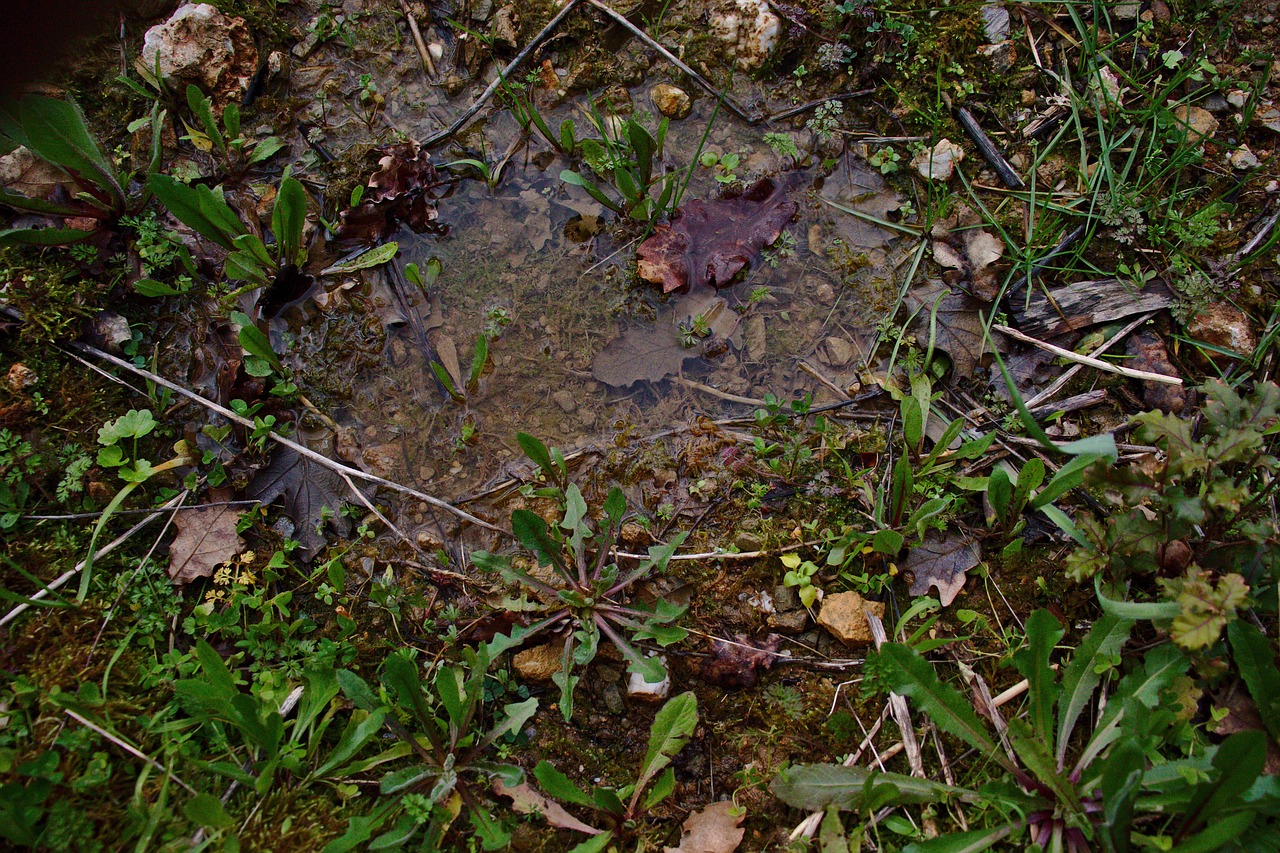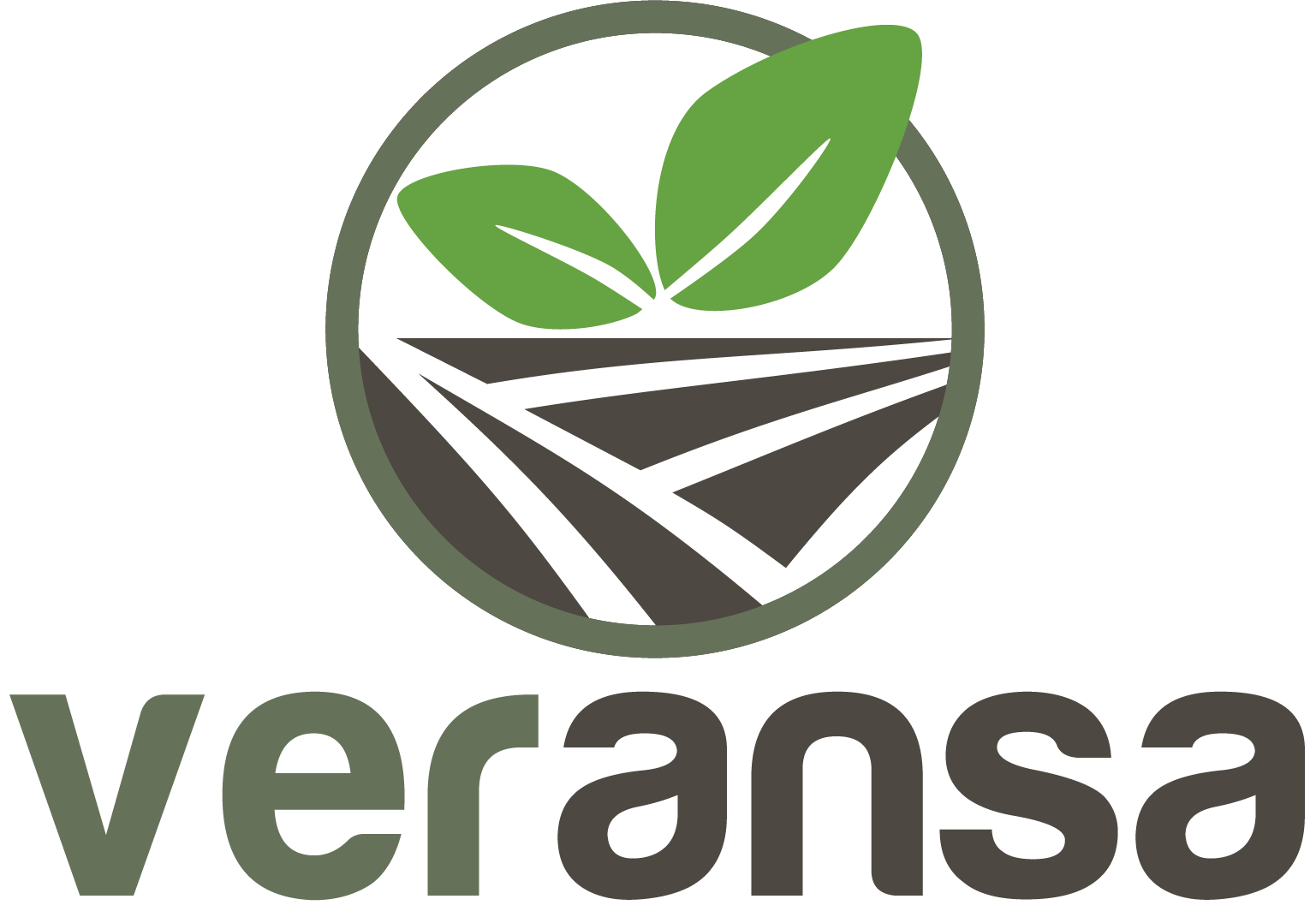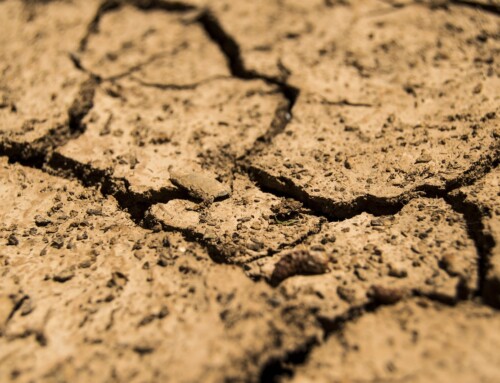While the winter months provide a respite, those of us who live on the Florida Gulf Coast know that the rain is coming. In fact, this month marks the beginning of our wettest season, with daily rainstorms rolling in throughout the summer months. With so much rain and water accumulating daily, gardens and landscaping that are not properly drained can experience waterlogged soil (and, by extension, waterlogged plants.) Most outdoor plants grow best in moist but well-drained soil, and too much water can be detrimental. In fact, too much water can cause root rot and kill your plants. Therefore, amending poor-draining or wet soil is vital to achieving healthy plants.

How do you know if your soil is waterlogged? Simply put, waterlogged soil is entirely saturated with water. All (or most) air pockets in the soil are filled with water, which cannot effectively drain. This often occurs during seasons of heavy rain or flooding, such as Florida summers. Here are some pertinent facts about waterlogged soil (and how to solve the problem.)
- Waterlogged soil is more of a problem in heavier soils that contain a significant amount of clay. Even “lighter” soils that are comprised of more sand and silt can become waterlogged if there is extended rain and flooding, or if the soil becomes compacted.
- If your soil is already heavily waterlogged, you may not be able to save your current plants – but you can amend the soil and fix the drainage situation and prevent it from recurring in the future. Once the soil is dry again, adding organic material will typically help to improve drainage, although additional work (such as digging a drainage ditch) may be needed.
- Avoiding waterlogged garden beds starts with building healthy soil. It is possible that some portions may always be damp or soggy, such as low-lying marsh areas. You can utilize these areas to cultivate plants that tolerate or even thrive in wet soil. The local Florida extension office will be happy to provide recommendations for the best native plants to install in wet areas.
- Even areas that are not low or marshy can become excessively waterlogged when the soil becomes compacted. Homeowners can avoid compaction of the soil by not walking or driving over it and instead establishing paths that can direct foot traffic. It is essential, however, to not work with soil when it is wet, which can make compaction even worse.
- If your soil is prone to compaction, minimize how often you till the soil as the process breaks soil down into smaller particles that can compact more quickly.
- Adding organic material (such as compost) is an excellent way to improve soil to maximize drainage.
Why It is Important
Waterlogged soil is a significant problem for most plants.
Plants that are native to marshes, bogs and streams can tolerate soggy soil and standing water and may actually grow quite well. Most plants, however, will not do well if their soil is waterlogged and not amended in some way. The primary issue is with the roots, which drown in standing water that cannot provide enough oxygen. Above the soil line, a gardener or landscaper may notice:
- Poor overall plant growth
- Wilting, yellowing or dropping leaves
- Dark, mushy or rotting stems or leaves
- Lack of flowers or fruits
- Plant death
Experts Say: The Best Way to Dry Out Soil
While there is no quick fix, waterlogged soil can be remedied in a few easy steps.
- break up and turn the soil to expose the water to the air
- Add in dry organic compost (or other organic material)
- While adding lime is recommended by some, this method will change the pH.
The Veransa Group is committed to making organic soil amendments – including compost – that will fix a wide range of soil issues. Our products are made from recycled wood and green waste and return vital nutrients to our local Florida ecosystem. To learn more about compost, soil and mulch that will help your garden t thrive while helping the environment, visit the Veransa store today.



